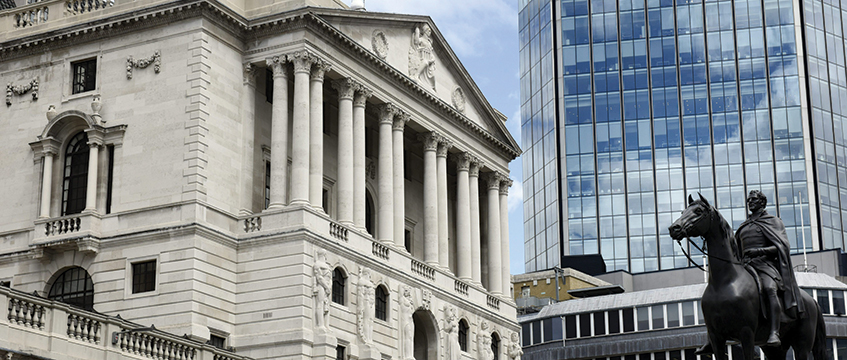The Bank of England has raised interest rates to 0.75% from 0.5% – the highest level since March 2009.
Rates were last raised in November 2017, having stood at 0.25% since August 2016.
The move is expected to have an impact on 3.5m mortgage paying households on variable tracker rates, although the it has been widely expected and priced into many already.
Savills Research says 62% of mortgaged homeowners are on a fixed-rate mortgage, while 90% of new mortgages signed this year are on fixed rates.
Payment is more towards interest than capital
Miles Gibson, head of UK research at CBRE said: “UK real estate is likely to take today’s MPC decision in its stride. It was widely expected and both long and short rates remain very low, ensuring that the spread between UK property yields and base rates remains very attractive to investors.
What would a 200 basis point rise do to the property market?
“For example, the average UK prime property yield stands at 5.3% while UK 10-year bonds are at just 1.4%. The bigger influence on yields at present is overall levels of supply and demand, and structural change, particularly in retail and industrials.
“Looking forward, we expect the UK base rate to rise only very gradually and we do not expect a further increase in 2018, not least because of the uncertainty associated with Brexit.”
To send feedback, e-mail alex.peace@egi.co.uk or tweet @egalexpeace or @estatesgazette











